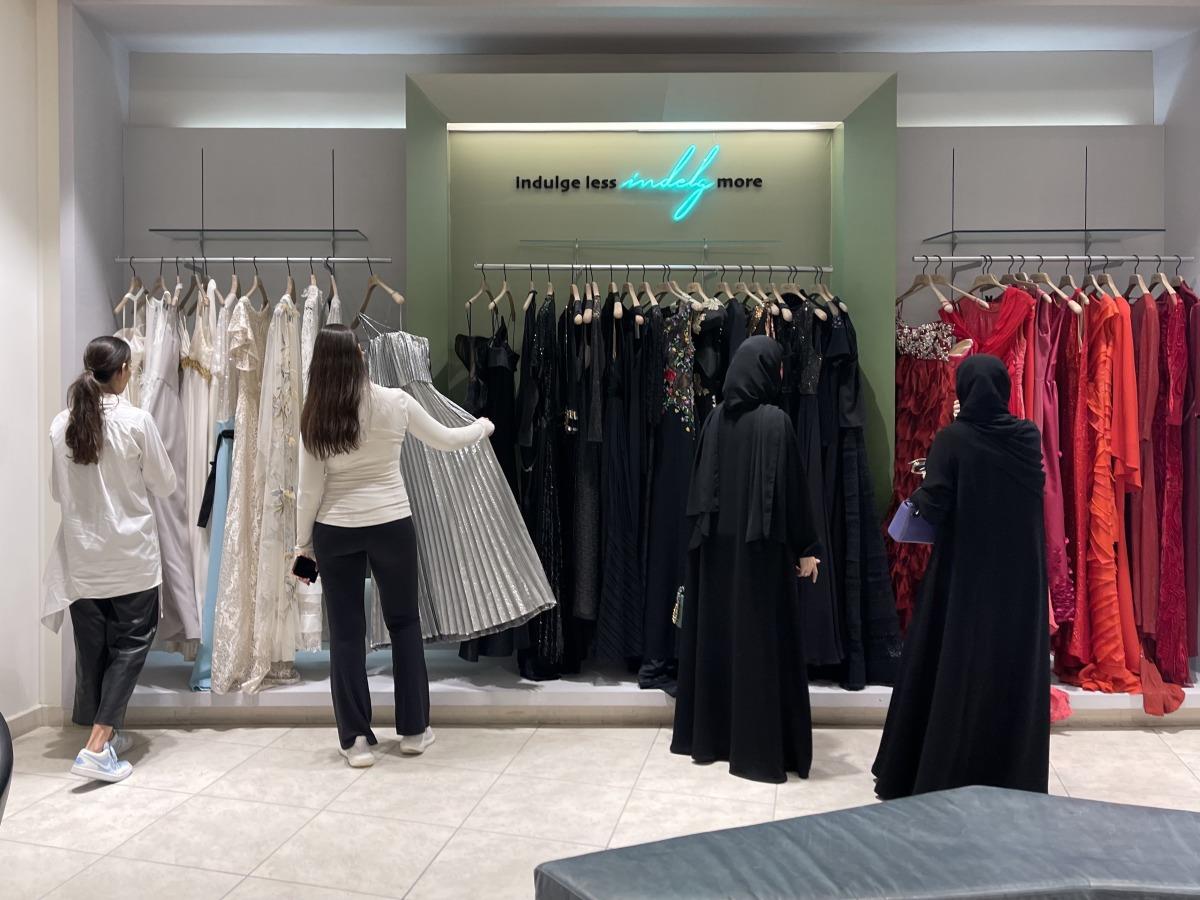(MENAFN- The Peninsula) The Peninsula
Dana El-Ghazal
As business owners or consumers, we are either demanding or seeking sustainability, but we do not always agree on what it looks like. Kahramaa launched Tarsheed; a rigorous campaign to reduce water and electricity consumption in the residential sector. Qatar Foundation established Earthna; a non-profit center to inform and influence both national and global sustainability policy. Most recently, the Ministry of Municipality announced a plan to distribute waste segregation containers to every household in the next five years to push for recycling. The efforts are ever-evolving and they are admirable.
There are so many guiding principles when it comes to striving for sustainable development. There are the 5C's; Clean, Community, Culture, Care and Corporate Governance. Others position it as the harmony of three core pillars: economic growth, social inclusion, and environmental protection.
Although it may be challenging to agree on what exactly 'sustainability' looks like, it's fair to say it can be applied to practically all aspects of our lives, which is why there are multiple variables to the sustainability equation. So, what about when it comes to Fashion, notoriously known as one of the world's most polluting industries? Here, the variables include labor practices, sourcing of fabrics, animal-free materials, ethical trade, durability, upcycling, waste reduction and more.
These variations make it harder to meet the full range of expectations. The challenge is even greater when you live in a country that has one of the highest purchasing powers in the world. The average citizen and resident has the tendency to spend and occasionally splurge, so just because sustainability is important on a national and global scale, it doesn't mean local consumers are sufficiently empowered, encouraged or willing, to shop sustainably.
I won't flood you with stats and figures because there are plenty when it comes to the environmental savings of reducing textile waste, promoting slow fashion, and extending the lifespan of clothing. There are programs out there that analyze and share item-specific data. But I've realized that nothing holds more truth than the saying“not everything that counts can be measured”. This includes, the feeling a woman gets when she finally declutters her closet and is encouraged to let go of the items she was holding onto, followed by the sense of pleasure that comes when you know you've put it to good use, and there's someone else who's going to feel beautiful and grateful wearing it. Then there's the freedom for a lot more women to dress in designer names and something different, without the financial commitment that comes with having to make new purchases every single time!
Which brings me to why I often say and believe, Indelg is not just a brand that's a rental service, it's a verb. Unlike indulging, which gives way to our desires and privileges, maybe sometimes more than is good for us, indelging is a practice of more mindful consumerism, it's intentional and something we consciously build with habits that are less harmful to people and the planet. We still experience gratification, but it's usually in service of something that's greater than just ourselves.
The Indelg closet is a consciously curated space that supports women to consign their designer items they no longer want or will wear, and in return make some money back every time its rented. It's powered entirely by women who want to empower women, promoting fashion inclusivity and trumping fashion exclusivity, all whilst reducing waste.
Since the launch, there's been one prominent, common denominator between all the women who have been wholeheartedly embracing this concept, and it's their humility. A desirable trait, and a prerequisite when it comes to embracing sustainable alternatives in fashion. This quality enables them to have a modest, unassuming view of their wardrobe and appearance.
'Renting' isn't exactly a new phenomenon, women have been borrowing things from mothers, sisters, cousins and even friends since the beginning of time. Sharing is caring, yet outside our tight-knit circle, it remains misconstrued as something too daring.
The more we embrace humility, we understand our place in the natural world and that requires us to acknowledge that we are just one small part of a much larger ecosystem. Our choices, however small, have significant impact. Dressing, but also living sustainably, requires us to simplify our lives, reduce our consumption of resources, and let go of the need for constant material possessions. Instead, we need to shift our focus on what truly matters, like accepting the responsibility of the role we play in creating a harmonious society and our connection to the natural world.



















Comments
No comment